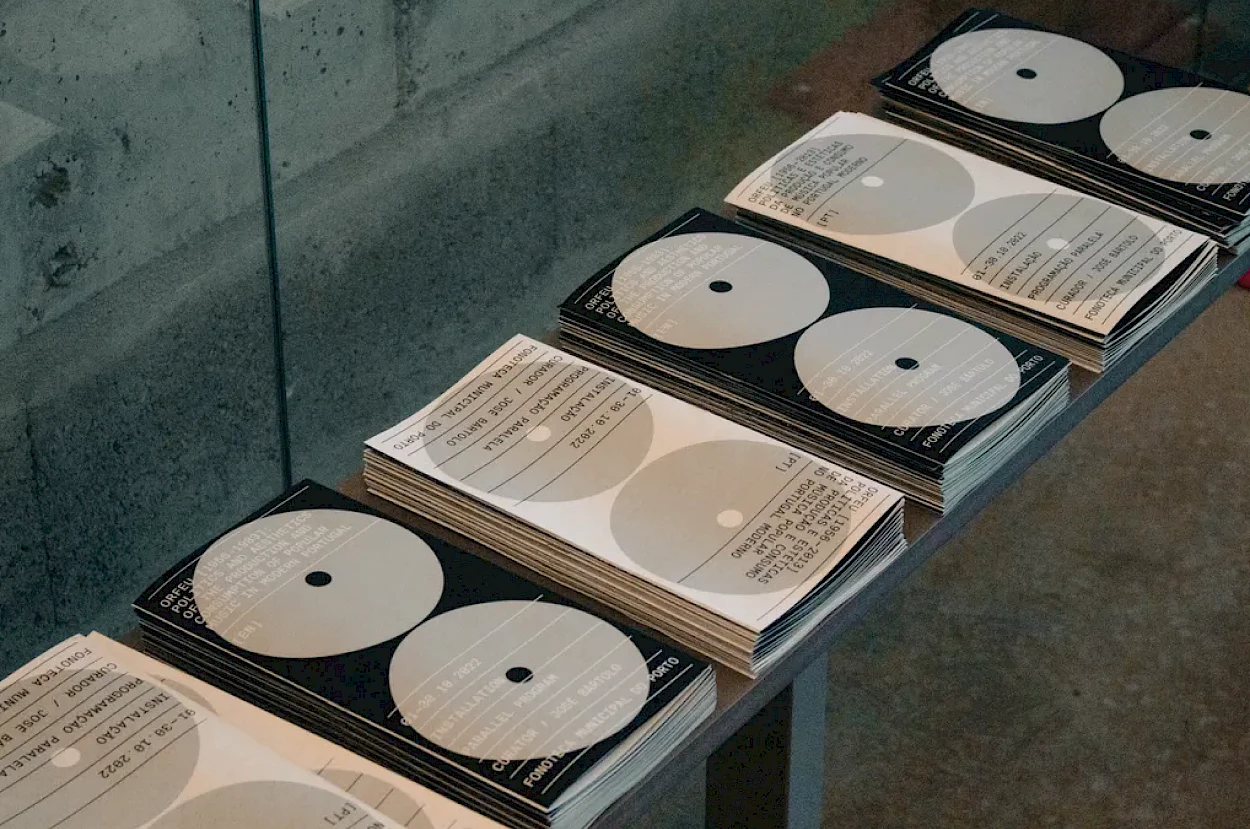Orfeu (1956-1983)
Políticas e estéticas da produção e consumo de música popular no Portugal moderno
Duration
01/01/2018 - 31/12/2021
Team
This project focuses on the record industry in Portugal between 1956 and 1983. This timeframe corresponds to the period of activity of the Orfeu record label, founded by Arnaldo Trindade, which serves as the primary case study for the investigation. These years were marked by profound social, economic, and political transformations: the transition from a totalitarian regime (1933–1974) to democracy following the April 1974 Revolution; the process of industrialisation; the colonial war (1961–1974); Portugal's efforts to join the European Union, which culminated in its accession to the then-European Economic Community (EEC) in 1986; the consolidation of democratic institutions in the post-revolutionary period; and the advancement of capitalism.
Taking as its starting point the biography of the label and its founder, the project seeks to contribute to the historiography of Portugal during this period by offering a perspective on the production of popular culture and the dynamics of music production and consumption. Orfeu modernised the Portuguese music production system by adopting and adapting commercial models from abroad, and by diversifying its business activities—the company also sold household appliances in a retail shop in the city of Porto.
The project will explore how these transformations in the system of production created the conditions for the emergence of new styles of popular music, and for the dissemination of artists previously excluded from the mainstream record industry. In a context of censorship and social repression, Orfeu played a pivotal role in producing and releasing musicians who created work in direct ideological opposition to the styles endorsed by the regime and disseminated through state-controlled media such as radio, television, and other record labels. The musicians recorded by Orfeu expressed their opposition to the regime through a hybrid musical style that emphasised lyrics, drawing inspiration from Portuguese rural musical traditions, African music, French chanson, and the Chilean nueva canción. Among the key figures associated with the label are José Afonso, Adriano Correia de Oliveira, and Luís Cília, among others. The project aims to understand how these new musical styles served as vehicles for the dissemination of democratic ideologies and values, and how they offered a veiled platform for the exchange of ideas under censorship, through the use of metaphor, poetic and musical intertextuality, and other counter-discursive strategies. The analysis will focus on Arnaldo Trindade as an "enthusiast", and will seek to understand the workings of the local market, placing at its core the question of the relationship between the phonographic industry, aesthetic production, politics, and social transformation.
This research sits at the intersection of history, literature, and the arts, situating Portugal’s contemporary history within the wider framework of European cultural diversity. Drawing on comparative analysis with non-European contexts, it reflects on Europe’s role in the world and the mutual influences and entanglements between different regions of the globe.

